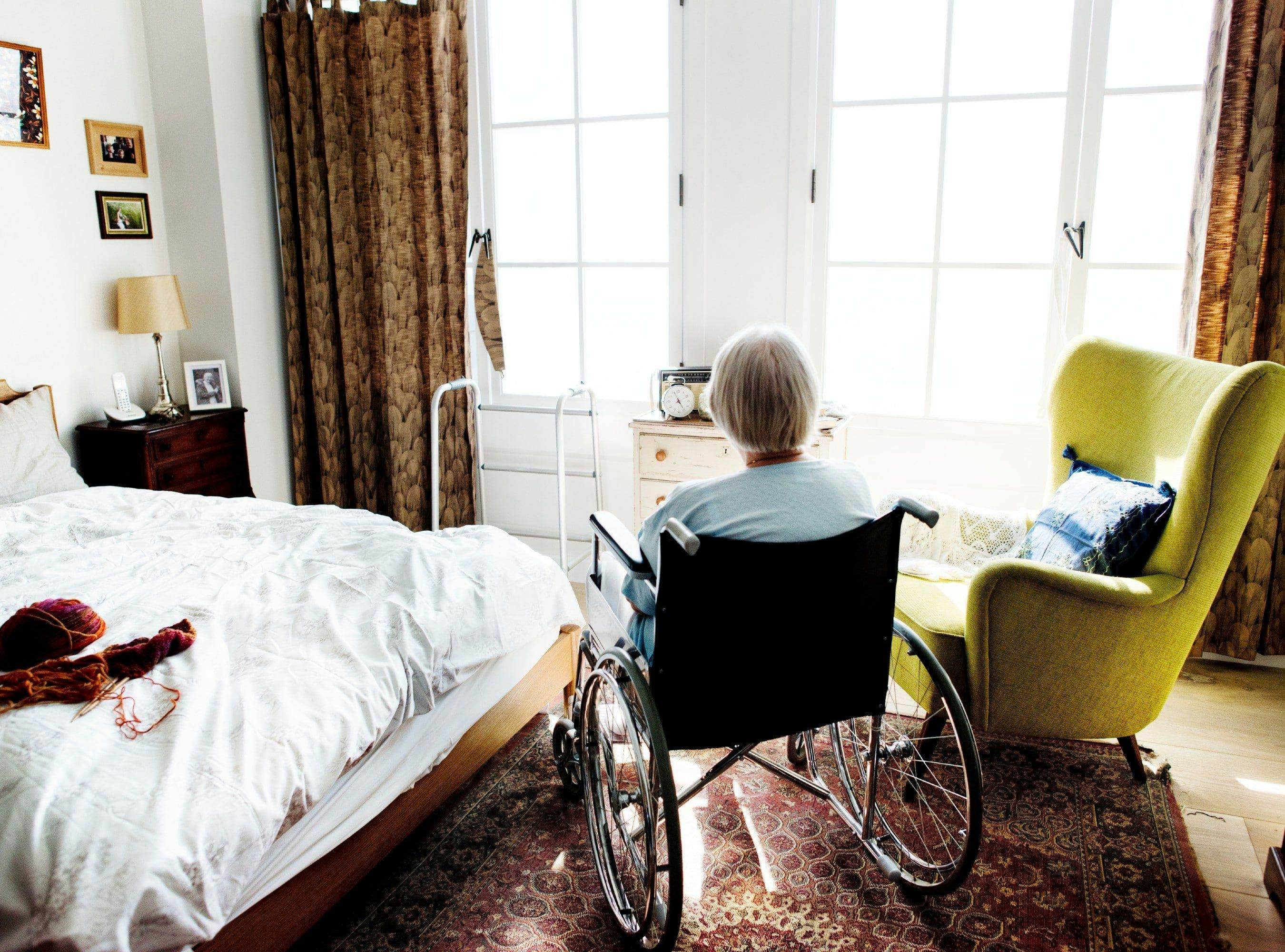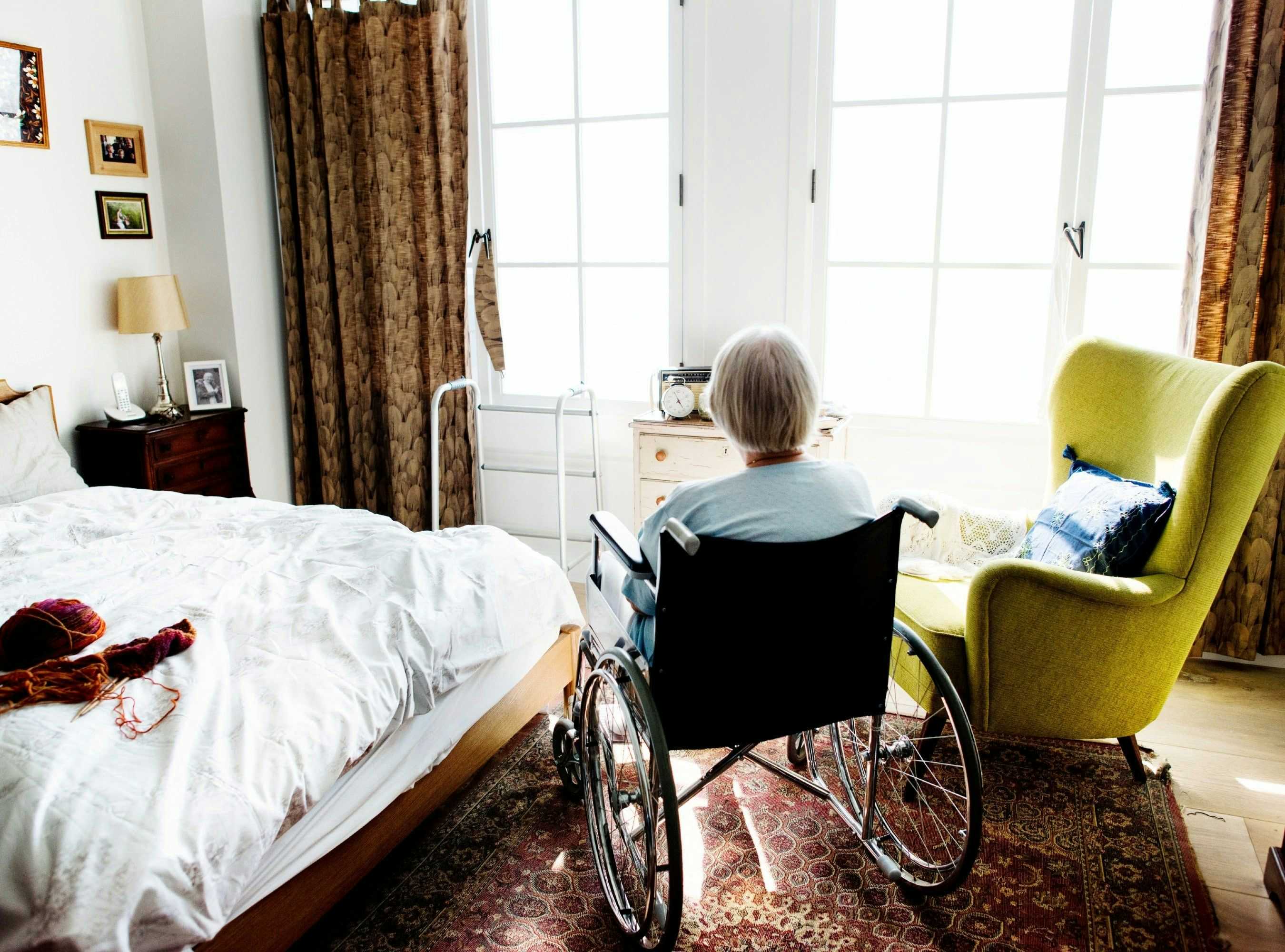Check out our Nursing Home Litigation Guide
The nursing home and assisted living industry has absorbed the tip of the deadly coronavirus’s spear. The unfortunate poster child is the Life Care Center in Kirkland, WA. As of March 18, 2020 81 of their 120 residents have tested positive for the coronavirus. Thus far, 34 residents have died. Early reports from the Centers for Disease Control and Prevention (CDC) state “that limited access to testing, as well as staff working at multiple facilities while sick and a lack of protective equipment, contributed to the disease’s spread at Life Care.” At least 10 other elder care facilities in the Seattle area are experiencing COVID-19 outbreaks.
Of course, this type of coronavirus spread isn’t unique to Washington State. The virus is cropped up in elder care facilities across the country. More than 73 care facilities in 22 states have reported COVID-19 infections.
Elder care facilities are particularly vulnerable to this virus because of their advanced-age residents. Many of these elderly residents already have heart, lung and other serious health problems, making it harder for them to fight this deadly disease. The close living quarters and common areas such as cafeterias, gyms, and activity centers also contribute to the rapid spread. The president and CEO of the American Health Care Association (AHCA) recently commented, “the grim reality is that, for the elderly, COVID-19 is an almost perfect killing machine.”
What Nursing Homes Should be Doing
To combat infectious outbreaks such as the coronavirus, elder care facilities need guidance from public health authorities. But the severity and detailed protocols now being issued shouldn’t be a surprise to certified nursing facilities as pandemic plans are mandatory for all Centers for Medicare & Medicaid Services (CMS) participants. These plans should have already been in place, with coronavirus triggering a rapid implementation.
Nevertheless, the sudden and swift outbreak of COVID-19 in the U.S. has led health authorities to issue updated guidance on how healthcare facilities can curb infections. A joint update from the American Healthcare Association (AHCA) and the National Center for Assisted Living on February 29, 2020 instructed health facilities to follow a number of protocols:
- Monitor staff and visitors for hand washing or use of alcohol hand gels
- Review contact isolation procedures and ensure staff follows them consistently
- Restrict the use of common areas to prevent the spread to other residents and staff
- Remind staff, contractors, volunteers to stay home if they are sick
- Starting now, post notices for visitors who are sick to stop visiting and work with families on alternate ways to visit their family members, like Skype, phone calls and email
- Check with the local health department if they are recommending more restrictive criteria for visitations as COVID-19 spreads
- Stay in close contact with your local and state health department
- Make sure your infection preventionist signs up for health department and CDC announcements
- Monitor the CDC COVID-19 website for the latest information on coronavirus prevention strategies, testing guidance, and recommendations for health care workers
As the crisis worsened the CDC issued updated guidance recommending that nursing homes:
- Restrict all visitation except for certain compassionate care situations, such as end of life situations
- Restrict all volunteers and non-essential healthcare personnel (HCP), including non-essential healthcare personnel (e.g., barbers)
- Cancel all group activities and communal dining
- Implement active screening of residents and HCP for fever and respiratory symptoms
Elder care facilities must do everything they possibly can to protect their patients and staff from this deadly disease. What happened in Washington was a wake-up call to other facilities. They must consistently implement all guidelines and precautions issued by health authorities now. As proven at Life Care center, lapses or laxity can prove fatal.
Regulators Ramp Up
“We are hyper-focused on infection control right now,” said Seema Verma, an administrator of the Centers for Medicare & Medicaid Services (CMS) in the U.S. Department of Health and Human Services. Any healthcare facility including nursing homes participating in CMS programs is subject to CMS infection control requirements. Recent estimates indicate that 15,000+ nursing homes in the U.S. receive federal Medicaid funding.
In the last several weeks, CMS has published a series of directives and guidance for health inspectors across the country who now have emergency marching orders to inspect thousands of participating facilities to prevent the spread of COVID-19.
Ms. Verma shed some light on these investigations, recently saying, “Our role in this is to say, ‘Were there some breaches of protocol? Was this facility following the guidelines that are in place? Was there hand-washing? Were they changing gloves? Were they doing laundry appropriately? Was food handled appropriately?” CMS has dispatched inspectors to the Life Care Center to determine if infection control rules were followed.
Will Lawsuits Follow?
In a word—yes. About 2.2 million people in the U.S. live in long-term care settings where they’re extremely vulnerable to COVID-19 due to age or underlying health issues. As more deaths occur, it isn’t a stretch to predict that grieving families will sue the facilities caring for their loved ones. The most likely suits will be wrongful death and negligence.
Family members of elderly loved ones living in care facilities voiced anger in the early days of the crisis when it appeared the facilities didn’t have the necessary pandemic plans or weren’t following them. One family member went so far as to say it felt like someone had decided that the elderly population “wasn’t worth wasting resources.”
First responders called to assist in early February’s respiratory crisis at the Kirkland facility, questioned why the staff was only in scrubs. They reported the staff wasn’t wearing protective gear and seemed to have not been told about the necessary protocols. Descriptions like these are a recipe for massive, protracted coronavirus litigations.
In the coming, inevitable coronavirus lawsuits, exactly what constitutes negligence during an unprecedented pandemic will be furiously debated. Experts on standards of care in nursing homes and CMS infection control rules will surely be in demand.
Expert Witness Specialty Index
Speak with a nursing home expert witness about COVID-19 elder care protocols
Explore a sample of our expert network.

E-000382
Hospice and Home Health Care Nursing Administration Expert Witness | Connecticut

E-532177
Nursing Home Administration Expert Witness | California

E-372480
Nursing Facility Administration Expert Witness | Texas

E-574726
Family Medicine & Nursing Home Administration Expert Witness | Illinois

E-589892
Nursing Home Care & Internal Medicine Expert Witness | Maryland

E-212223




